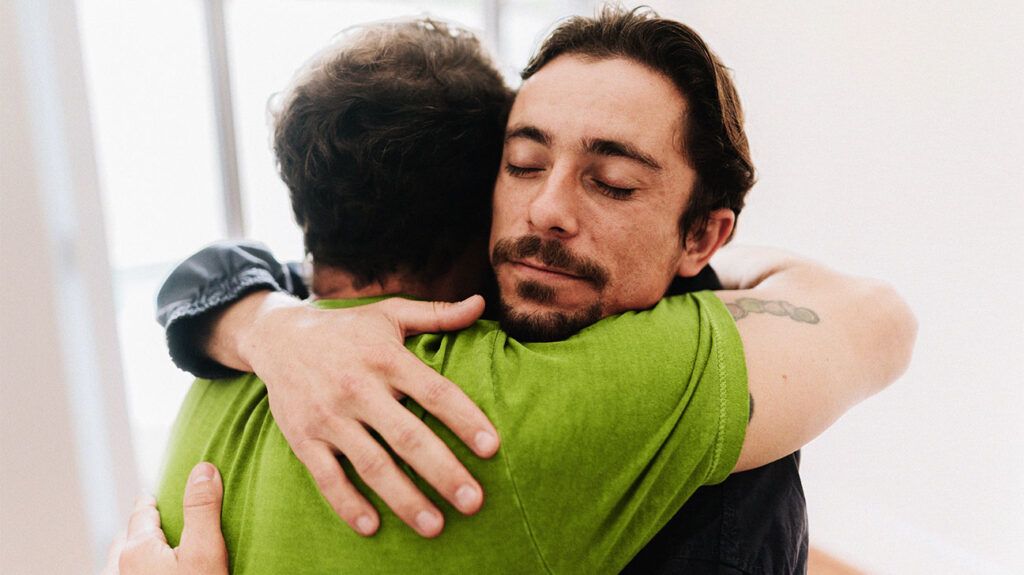Sudden unexpected death in epilepsy (SUDEP), as the name suggests, is a rare but serious event that causes the death of a person during a seizure for unexplained reasons.
SUDEP is rare in people with epilepsy but is the leading cause of death in people with this condition. Doctors do not know the exact cause of SUDEP but think it may link to breathing problems during a seizure episode.
This article reviews SUDEP, its potential causes and risk factors, and how people may prevent it and reduce their risk during a seizure.

SUDEP refers to the unexplained and sudden death of an individual with epilepsy who appears healthy. The Epilepsy Foundation reports that doctors do not know the exact cause of SUDEP, as when performing an autopsy, people who have died because of SUDEP do not show any evidence of other causes like injury or drowning.
In most cases of SUDEP, the person is found without signs of a seizure. Researchers think this event may link to breathing problems or irregular heartbeats after a seizure. However, more studies are necessary to understand what causes SUDEP.
SUDEP is rare. A 2017 research review the American Academy of Neurology and the American Epilepsy Society conducted indicated that for
What is epilepsy?
The World Health Organization (WHO) reports that epilepsy, a brain disorder, affects about
Seizures stem from abnormal brain cell activity and vary in frequency and severity. About 10% of people experience a seizure at some point in their lives, but this is not epilepsy. Doctors diagnose epilepsy when an individual undergoes two or more unprovoked seizures.
Learn more about epilepsy.
The exact cause of SUDEP
Most of the current research on SUDEP focuses on breathing problems, brain function, and heart rhythm changes that occur during an epilepsy attack. This is because:
- Seizures may sometimes make dangerous changes in the heart rhythm or, on rare occasions, trigger a cardiac arrest.
- Seizures can cause temporary breathing pauses (apnea). Experiencing prolonged apnea reduces the oxygen supply to the heart and brain, which is potentially fatal if untreated.
- Convulsive seizures may cause airway blockage, which can lead to suffocation.
- Seizures can disrupt vital brainstem functions like breathing and heart rate, leading to dangerous changes in these functions.
Any individual with any type of epilepsy can experience SUDEP during a convulsive seizure. Because doctors do not currently know the exact cause of epilepsy, the Epilepsy Foundation reports that the most appropriate prevention strategy for SUDEP is to reduce the risk of experiencing a seizure.
Most people can manage epilepsy with appropriate treatment and seizure management practices, including identifying and avoiding triggers and working with a specialist to learn how to cope with their condition. Even for those with severe, treatment-resistant epilepsy, certain steps can reduce the risk. This
- dietary therapies
- epilepsy surgery
- neurostimulation devices
- seizure-monitoring devices
To reduce the risk of SUDEP, it is important that people try to reduce their risk of experiencing a seizure as much as possible. They can achieve this by taking their epilepsy medications regularly and with the correct dosage, attending regular checkup visits with the healthcare team if the seizures are not well controlled, and avoiding their seizure triggers.
Other lifestyle choices can also help reduce the risk of seizures, including:
- limiting alcohol consumption
- avoiding using recreational drugs
- getting enough quality sleep
- staying physically active, such as exercising regularly
- managing and minimizing stress levels
- eating a healthful, balanced diet, including avoiding any known food triggers
If this does not help prevent seizures, people
It is important that people with epilepsy make sure their co-workers and family know they have it and are aware of what to do if a seizure occurs. It is also beneficial that individuals with epilepsy consider letting other people know their intentions when bathing or swimming so they can check on them to make sure there OK during these activities.
Many organizations and charities offer support and resources to people with epilepsy and their loved ones or to those who are dealing with a case of SUDEP. Examples include:
SUDEP is a rare but serious condition where people with epilepsy pass away suddenly without an apparent cause. While the exact reason for SUDEP remains unknown, research suggests it may link to breathing problems or heart irregularities that occur during or after a seizure.
While there is no definitive way to prevent SUDEP, managing epilepsy effectively can help reduce the risk. This includes leading a health-promoting lifestyle, avoiding any known seizure triggers, taking epilepsy medications as prescribed, and speaking with a doctor if the seizure episodes are not well managed.
